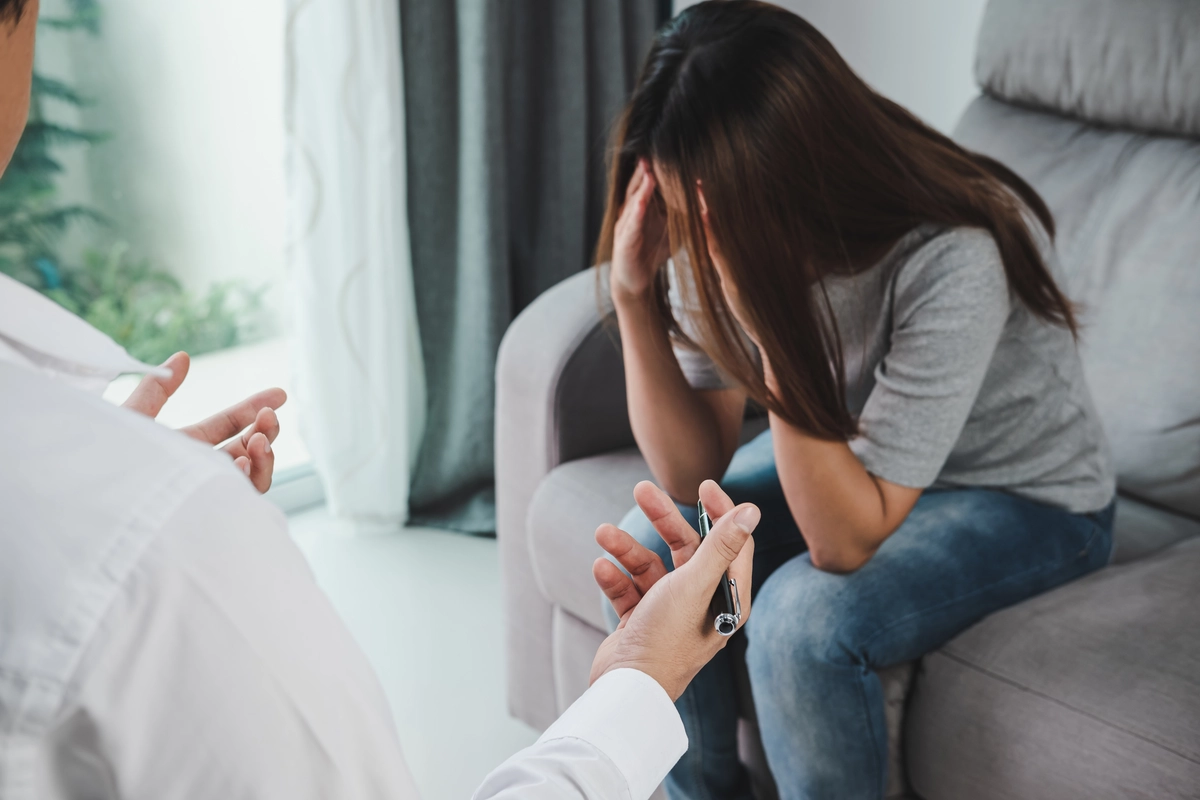24/7 Helpline:
(866) 899-221924/7 Helpline:
(866) 899-2219
Learn more about Partial Hospitalization Program centers in Sherman Oaks
Partial Hospitalization Program in Other Cities

Other Insurance Options

Molina Healthcare

Optum

BlueShield

ComPsych

Group Health Incorporated

BlueCross

Providence

Aetna

Anthem

Lucent

UMR

Kaiser Permanente

Magellan Health

WellPoint

Optima

Covered California

Holman Group

Health Choice

Choice Care Network

Oxford

Crosspointe Recovery
Crosspointe Recovery is a CARF-accredited drug and alcohol addiction treatment rehab located in Sher...

West Valley Detox Treatment — Sherman Oaks
Luxury Drug & Alcohol Residential Rehab Centers in Los Angeles specializing in substance abuse and c...


























